This Isn’t Your Grandparents’ Summer Heat – Scientific American

The face of summer is transforming, as people today face more frequent, longer-lasting and hotter heat waves than they did several decades ago…
Louisiana’s coast is sinking. Advocates say the governor is undermining efforts to save it – the Washington Times
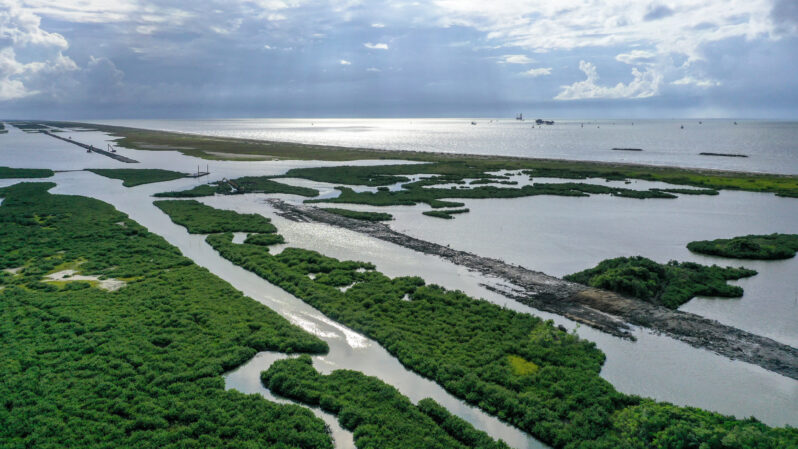
A new Republican governor is taking aim at the state’s coastal protection agency…
“The fear has properly set in”: how it feels to watch my home town disappear into the sea – the Guardian
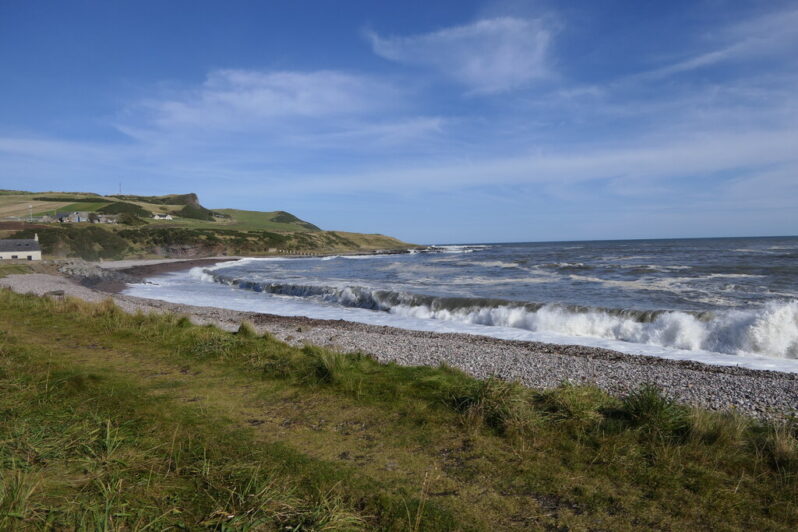
Inverbervie, on the north-east coast of Scotland, faces an existential threat, with storms carving away metres of shoreline. Can anything be done to save what is left?
DeSantis signs bill scrubbing ‘climate change’ from Florida law – the Washington Times

Climate advocates said the bill is a bid for national attention from a Republican governor eager to use global warming as a culture war issue..
The Precarious Future of Big Sur’s Highway 1 – the New Yorker
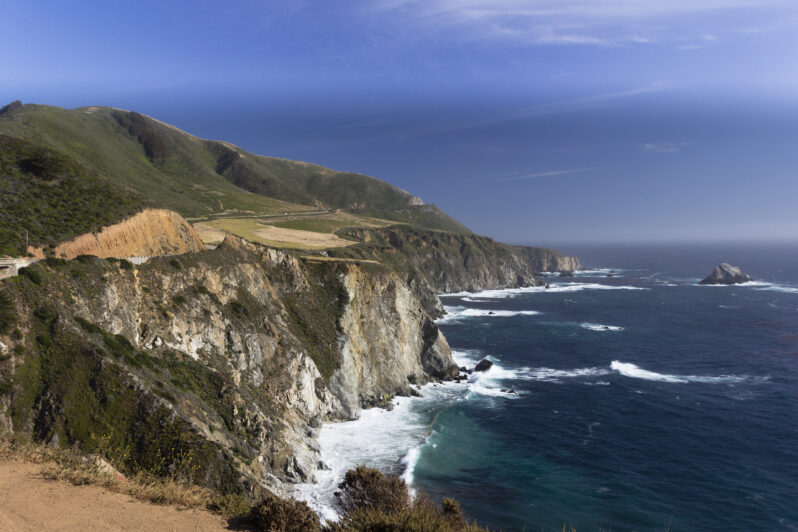
How climate change is threatening one of the country’s most famous roadways..
How is coastal erosion impacting life in San Diego? – NBC 7 San Diego
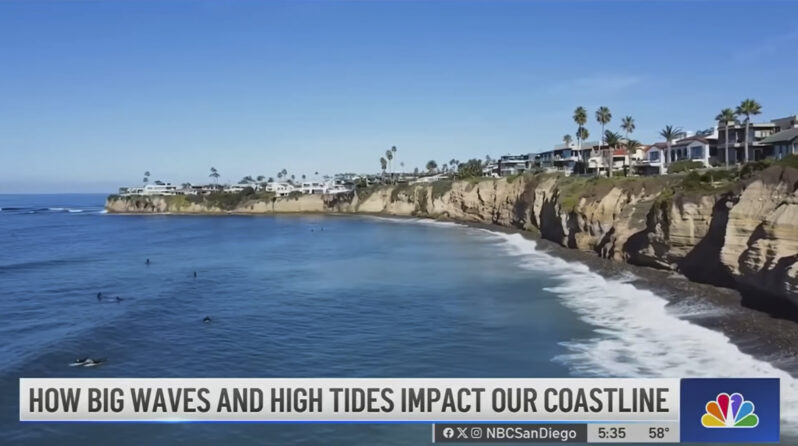
NBC 7 explores coastal erosion and the threat to people, property & infrastructure along San Diego’s coastline.
What Causes Sea Level Rise? – NASA Space Place
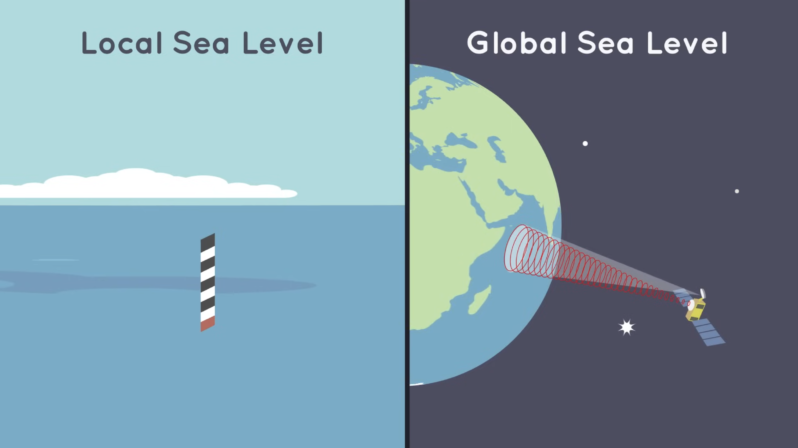
People have been measuring local sea level at certain locations along the coasts for hundreds of years. And NASA has been measuring the global sea level for almost three decades. Over this time, scientists have observed that the global sea level has been rising. The ocean is about 7 to 8 inches higher now than it was a century ago. Why? Because Earth is getting warmer…
Where Seas are Rising at Alarming Speed – the Washington Post
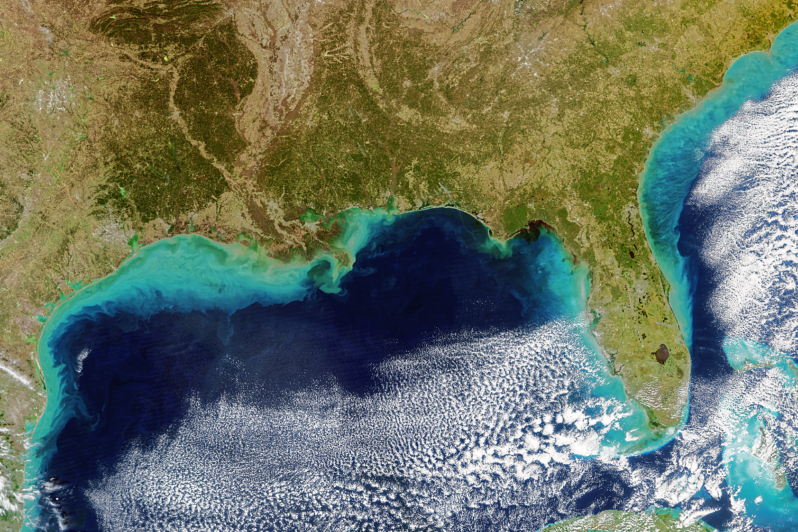
One of the most rapid sea level surges on Earth is besieging the American South, forcing a reckoning for coastal communities across eight U.S. states…At more than a dozen tide gauges spanning from Texas to North Carolina, sea levels are at least 6 inches higher than they were in 2010 — a change similar to what occurred over the previous five decades…
Why Highway 1 is the climate challenge that California can’t fix – the Washington Times
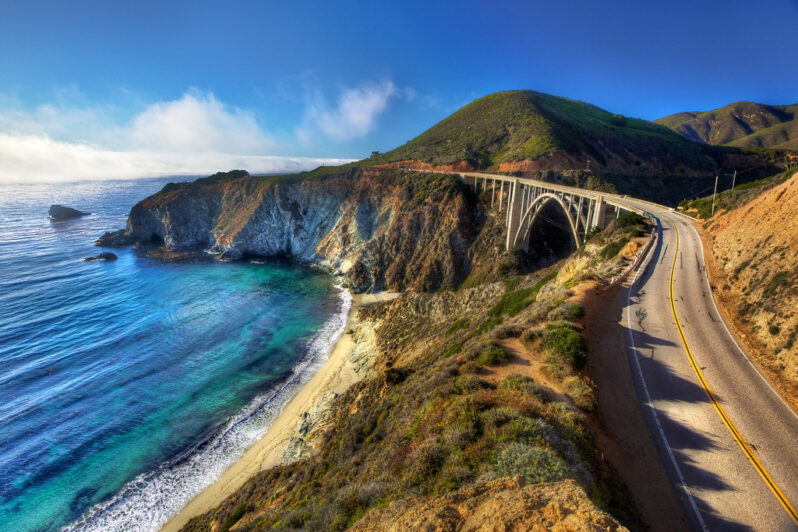
It is beloved by Big Sur road trippers and is vital for local businesses. But intense storms, slides and fires imperil this highway. What does the future hold?
